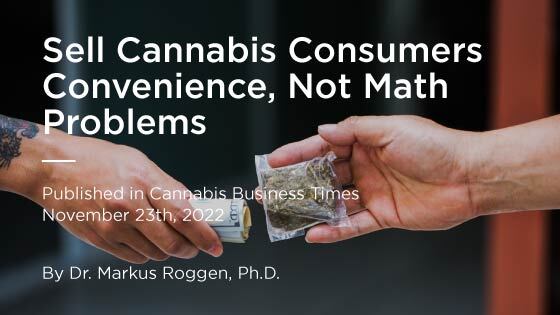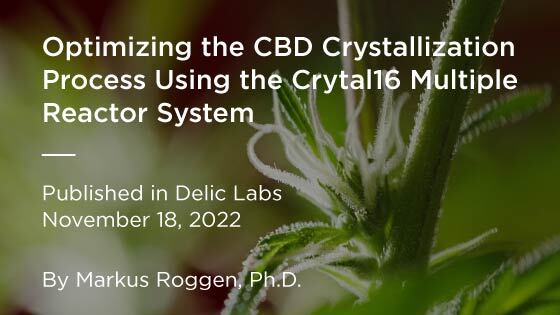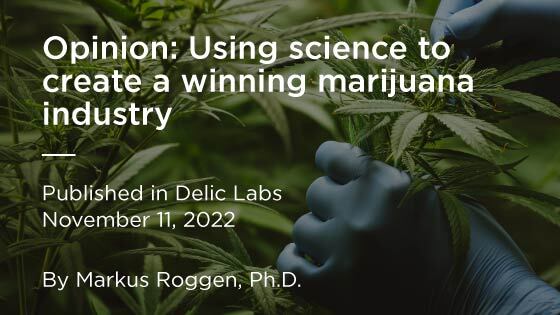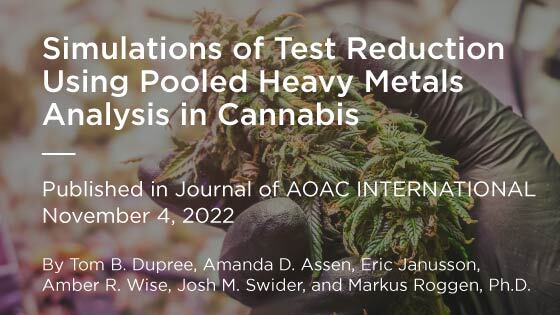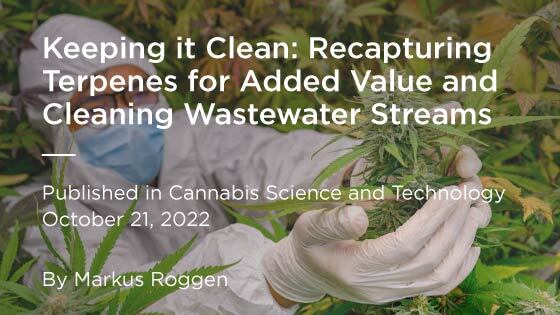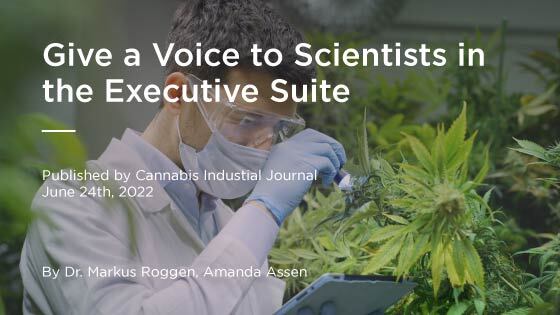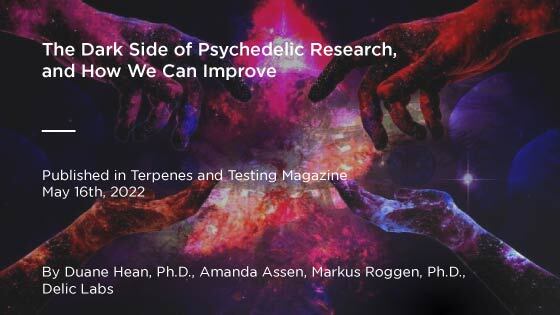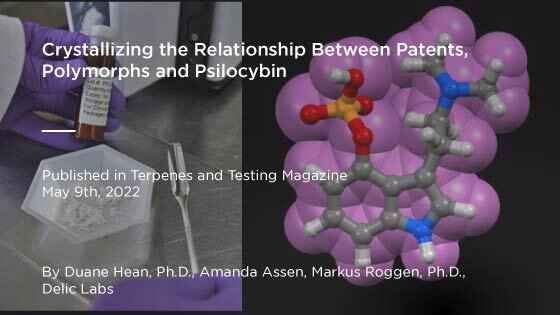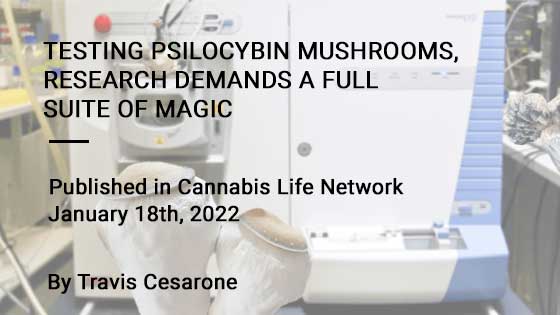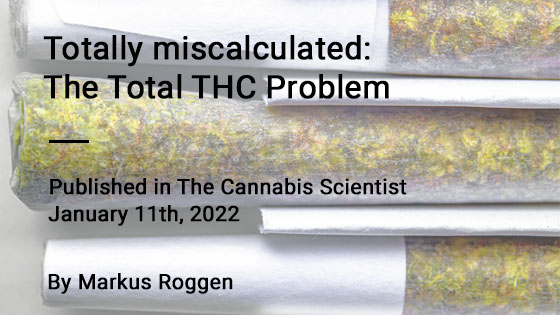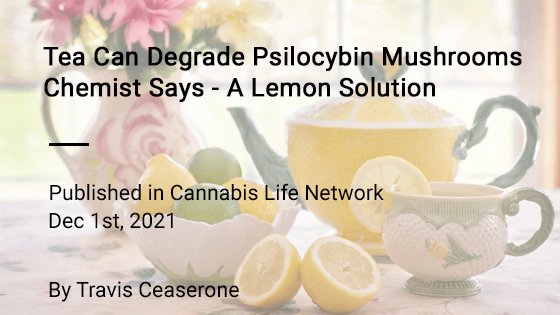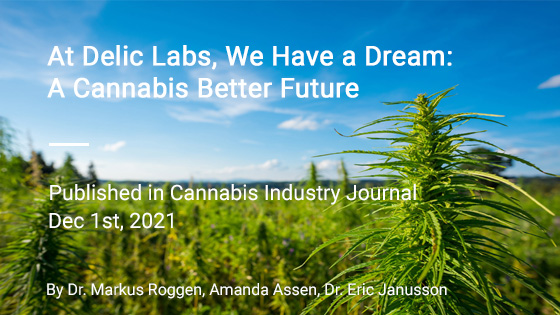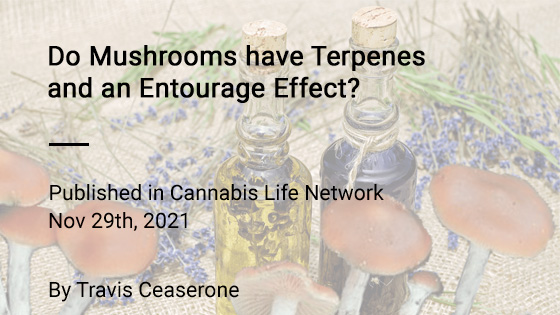Articles
White paper with Technobis on the use of Crystal16 to develop crystallization conditions for CBD.
We ask the industry to stop complaining and to start evolving into a saner, better version of themselves. We give specific advise on five different areas to improve.
We developed an algorithm to improve heavy metal testing throughput and costs by combining sample batches into pools.
Different milling instruments and conditions were compared to investigate the effect of different milling protocols on cannabinoid recovery. It was found that a Fritsch Pulverisette 11 with a single use container shows comparable to higher recoveries of cannabinoids, while having the added benefits of protecting against cross contamination and reducing cleaning time and costs.
Fritsch milling equipment is an alternative to uncontrolled milling for sample preparation. Here we show a general method and assay for volatile constituents of functional mushroom extracts can be dramatically affected by milling conditions.
In this article, Markus Roggen demonstrates a new method for recapturing terpenes lost during the cannabis extraction process. Terpenes provide cannabis with distinctive aromas and flavors that are often desired by the consumer. During the cannabis drying and decarboxylation stages, up to 30% of terpenes are lost along with the water phase from the product…
In many ways, major Cannabis companies are like pharmaceutical companies. They produce and sell products used for medicinal purposes, and their main pages have statements on how science is the most important thing in their work. We looked at 10 major pharmaceutical companies, and 10 major cannabis companies, and compared what positions they had for scientists, and their R&D spending. Unlike pharmaceutical companies, cannabis companies rarely have any scientists in the executive suites. Further, R&D spending from most of the cannabis companies we looked at was below 5% of their annual income (less than many agricultural companies), indicating these companies are not putting their money where their mouth is.
Following the release of footage showing a patient in a study conducted by MAPS being inappropriately touched by two therapists, all Health Canada-approved MDMA trials have been halted for review. Multiple other participants have come forward with negative experiences, practitioners have pointed out flaws in the therapeutic techniques being used, and scientists have pointed out mishandlings of data representation in publications put out by research groups. As critical supporters of psychedelic research, we point out ways we can improve to ensure it is being done in the most ethical way possible and to ensure the industry survives as more than just another fad.
Compass Pathways was granted a patent for what they claim to be a newly discovered crystalline form of psilocybin. This patent would allow Compass to exclude others from benefitting from the use of that crystalline form. That patent was challenged in court due to ambiguous scientific jargon and, more critically, because Polymorph A is not a new polymorph at all. We explain what crystal polymorphs are, why finding new polymorphs is significant, and why scientists are able to claim this new crystal structure not new at all.
Everyone, right now, wants to know how much psilocybin and psilocin are in the mushroom. That, we can do. But here at delic labs we are also looking at the full suite of other compounds in magic mushrooms.
It turns out the percent total THC on your cannabis package is not accurate- in fact, you have a little more THC in your products than you thought. So, what does this mean for those in the hemp and cannabis industry?
Magic mushroom tea- is it a good idea? (From a chemical point of view of course) Our expert chemists Dr. Roggen and Dr. Janusson weigh in their thoughts.
At Delic Labs, we propose a guide, the Cannabis Better Future (CBF) concept, that illustrates the different pillars the cannabis industry should adopt to improve the economic and environmental sustainability of the industry.
You’ve probably heard of the entourage effect with cannabis. Since psilocybin mushrooms also have terpenes, does that also mean they have an entourage effect?

